INTRODUCING IN PRACTICE
The COVID-19 pandemic is more than a story about a severe acute respiratory syndrome. It’s a story about us. And about the ways this global event is changing our minds, our relationships, and our communities.
Join host David Condos as he sets out to unravel the pandemic’s mental health impact with some of the world’s leading experts in psychology, neuroscience, public health, trauma, and recovery.
Listen Now






